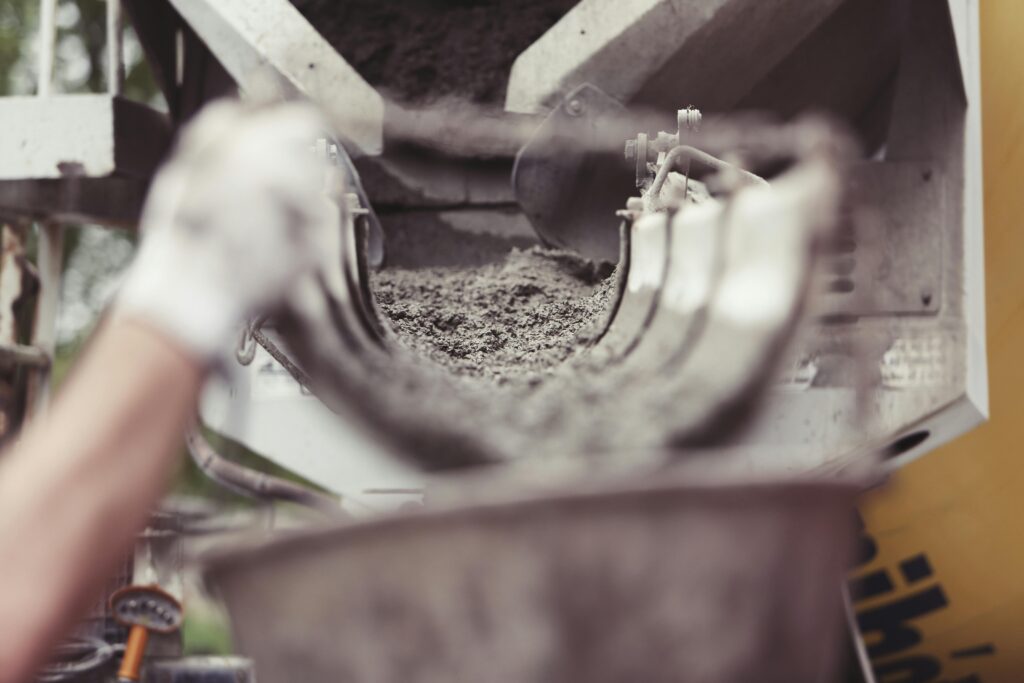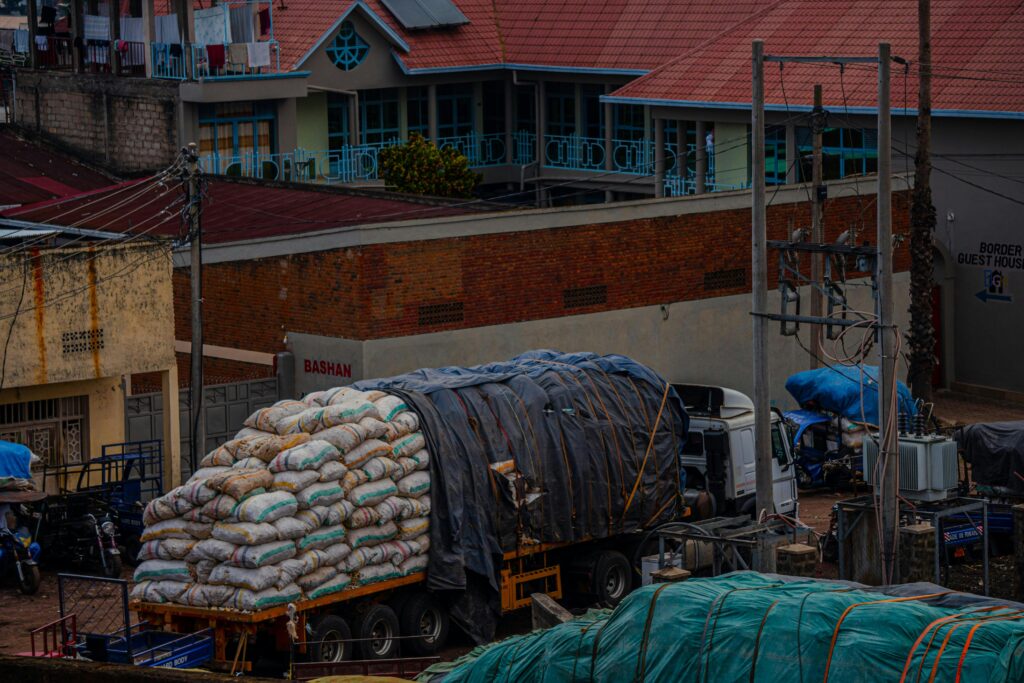5 Common Mistakes in Buying Construction Materials and How to Avoid Them

5 Common Mistakes in Buying Construction Materials and How to Avoid Them
When starting a construction project, buying the right materials is just as important as hiring skilled labor. However, many people—especially first-time builders—make simple but costly mistakes when purchasing construction supplies.
These mistakes can lead to poor quality, delays, and higher long-term costs. In this article, we highlight five of the most common mistakes and offer tips on how to avoid them.
1. Choosing the Cheapest Option Only
One of the biggest mistakes is focusing solely on the lowest price. While saving money is important, cheap materials often lack quality or certification.
⚠️ Poor-quality cement or bricks can cause cracks and structural issues later.
Tip: Always compare prices and quality. Look for certified products with technical sheets or performance guarantees.

2. Not Understanding Material Types
Each material serves a specific purpose. For example, using decorative white cement in a foundation is a bad choice.
Using the wrong cement type (e.g., Type I instead of Type V in salty environments) can reduce durability.
Tip: Ask your supplier about the correct material type based on your project’s location and use.
3. Ignoring Expiry Dates or Storage Conditions
Many materials, especially cement and lime, have a shelf life. Using expired materials leads to weak construction. Improper storage (like exposure to moisture) also damages the product before it’s used.
Tip: Check the manufacturing date. Store materials off the ground, in dry, well-ventilated areas.

4. Buying Without a Plan or Bill of Quantities (BOQ)
Randomly purchasing materials without calculating exact needs often leads to waste—or shortages.
Overbuying means extra cost. Underbuying causes delays.
Tip: Ask your engineer or contractor for a detailed BOQ and make purchases accordingly.
5. Not Researching the Supplier
Relying on an unknown or unreliable supplier can cause delivery delays, poor support, or even counterfeit products.
You might save a few dollars, but you risk damaging your entire project.
Tip: Choose suppliers with strong reputations, clear communication, and transparent return policies.
✅ Final Words
Buying construction materials is more than a financial transaction—it’s a long-term investment in the strength and safety of your building. Avoiding these 5 mistakes can help you save money, reduce stress, and ensure a successful project.